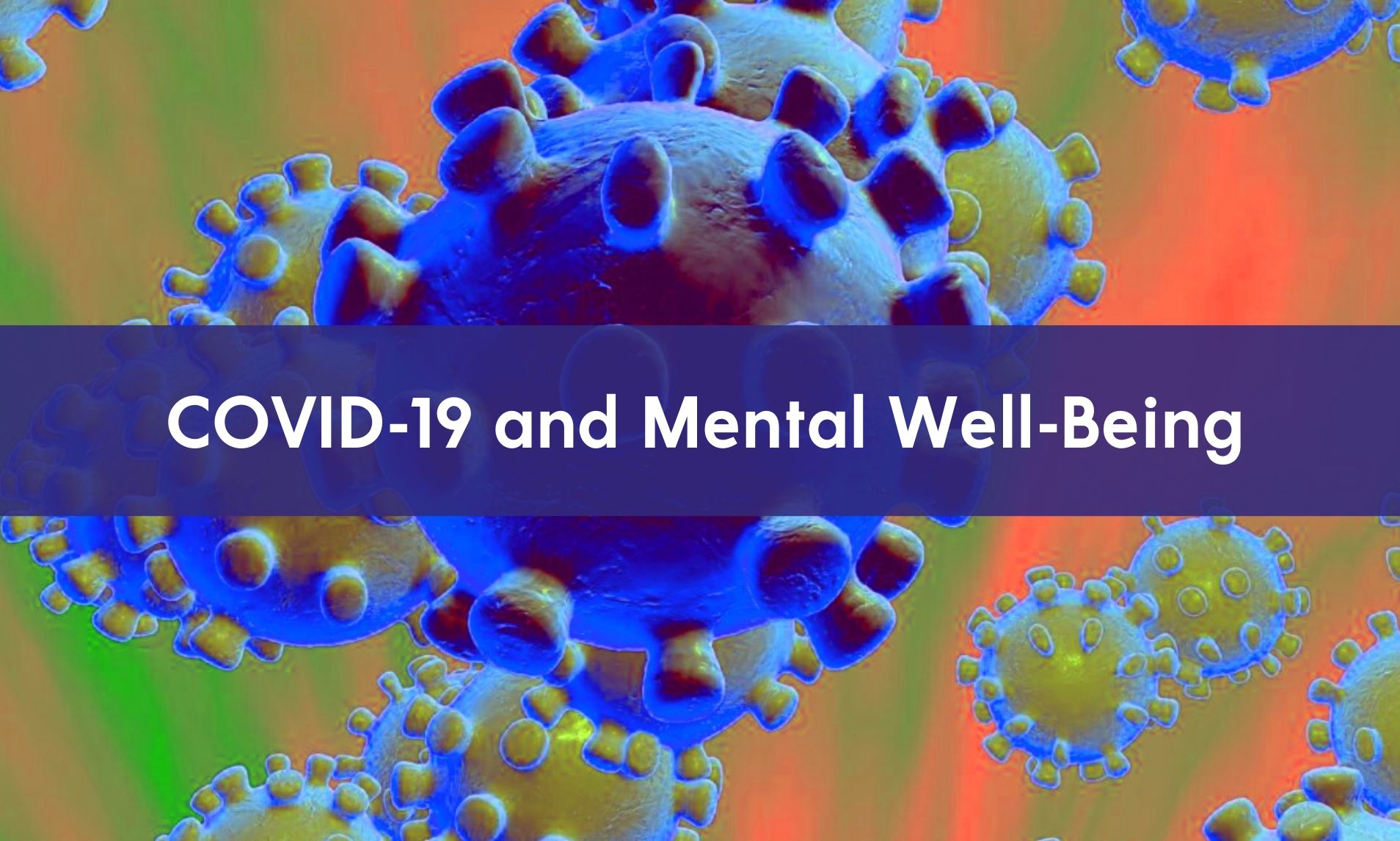COVID-19 and Mental Well-Being

The impact of COVID-19 on the mental health of us all is likely to be far-reaching.
We will all experience, in different ways, for different reasons and to different levels, feelings of anxiety, isolation, stress and fear.
Families of a highly vulnerable child will inevitably experience high levels of worry about their child’s safety, as well as possible feelings of isolation (nobody understands), stress (how do I keep my child safe and happy in the absence of school or outside support) and mental fatigue.
Mainstream guidance about maintaining your own mental well-being may not always seem relevant or possible for parents/carers of a highly dependent child/adult. But as a parent/carer of a dependent person, staying well yourself, both mentally and physically, is absolutely crucial.
Here is some simple guidance to protecting your own mental health in these coming weeks and months. They may not all be possible but building a few into your new routines can make the difference.
o Minimize watching, reading or listening to news about COVID-19 that causes you to feel anxious or distressed; seek information only from trusted sources such as the WHO website and local health authority platforms. Seek information updates at specific times during the day, once or twice.
o Find opportunities to amplify positive and hopeful stories. There are lots of ‘happy news’ stories out there about people who have experienced and recovered from COVID-19 and about people doing amazing things to help others.
o Talk to people you trust and who you can be honest with. Share your concerns and feelings with them.
o Be willing to ask for help and support and remember that you are not alone. Identify the places/people you can ask for help and know how to contact them so that you are ready to do this when you need to.
o Try to maintain normal routines and patterns as far as you can. In unusual situations, maintaining elements of normality help us to feel safer and less ‘lost’.
o Get fresh air.
o Exercise however you can. There are lots of online ideas for fitness at home or exercise/dance routines to join in with. Staying active in your body is crucial for your mind.
o Stay connected and maintain your social networks. Even in isolation, you can stay connected via telephone, e-mail, social media or video conference.
o Eat and sleep well. Healthy food and enough sleep are crucial to your state of mind.
o Be kind to yourself. If staying sane means letting the kids have more screen-time, or skipping the home-schooling, or ignoring the emails, then give yourself permission to do it. In the long run, these things will not matter; your mental health will.
o Keep your mind stimulated: do puzzles, word games, read books, listen to podcasts – anything which helps to keep you thinking and engaged.
o Change your environment when you can – try not to stay in one room or one place all day, move around, go outside, look out the window, sit on the doorstep. A sense of space is important.
o Be creative – doodle, draw, do some colouring – these are all relaxing, therapeutic and free!
You can find further helpful information about COVID-19 and mental health guidance here and here.
You can also find an infographic here with some friendly reminders.
If you need further help or someone to talk to, remember that we are here. Please do get in touch.